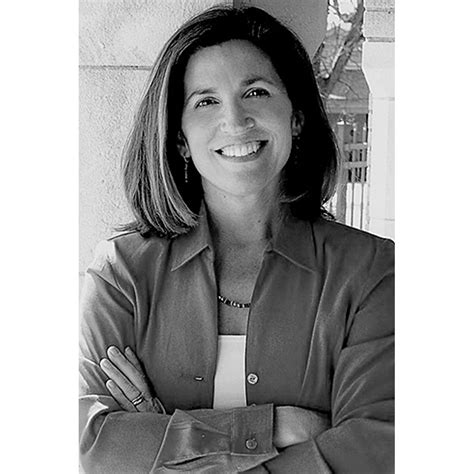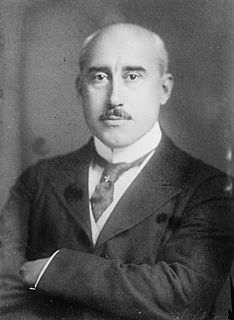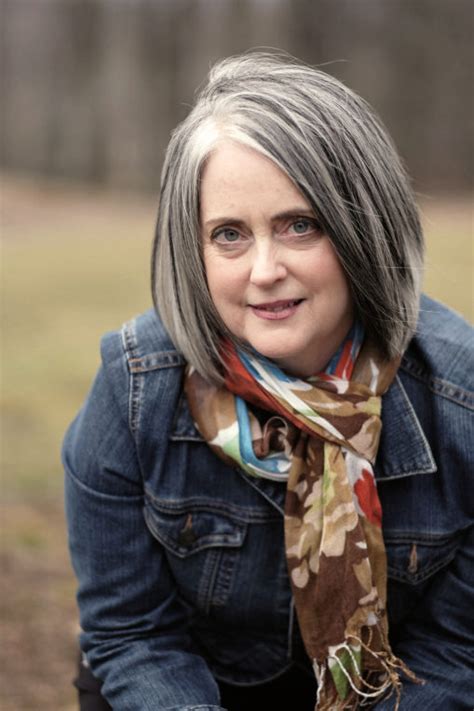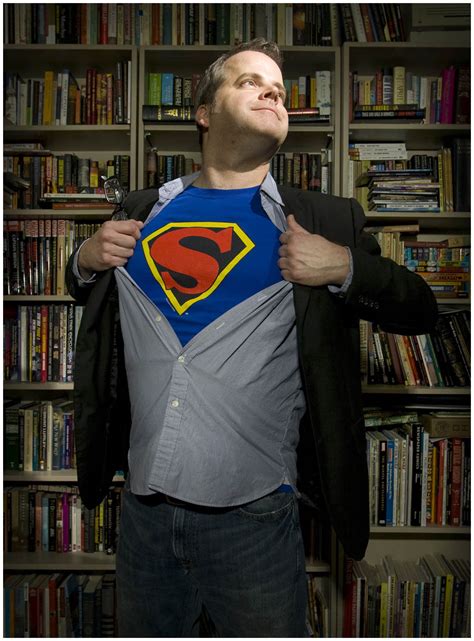A Quote by Henry David Thoreau
All fables, indeed, have their morals; but the innocent enjoy the story.
Related Quotes
Do not be too moral. You may cheat yourself out of much life so.
Aim above morality.
Be not simply good;
be good for something.
All fables, indeed, have their morals; but the innocent enjoy the story. Let nothing come between you and the light. Respect men and brothers only. When you travel to the Celestial City, carry no letter of introduction. When you knock, ask to see God
In the old fairy tales, often a 'moral' was tacked on at the end of the story - say, if a book was going to be marketed to young readers. And the morals don't really suit the stories at all, which makes them super weird - part of why I love the tradition so much. I do play with this, though I am more concerned with ethics than morals.
And the moral of the story is that you don't remember what happened. What you remember becomes what happened. And the second moral of the story, if a story can have multiple morals, is that Dumpers are not inherently worse than Dumpees - breaking up isn't something that gets done to you; it's something that happens with you.
[F]or avoiding the extremes of despotism or anarchy . . . the only ground of hope must be on the morals of the people. I believe that religion is the only solid base of morals and that morals are the only possible support of free governments. [T]herefore education should teach the precepts of religion and the duties of man towards God.

































